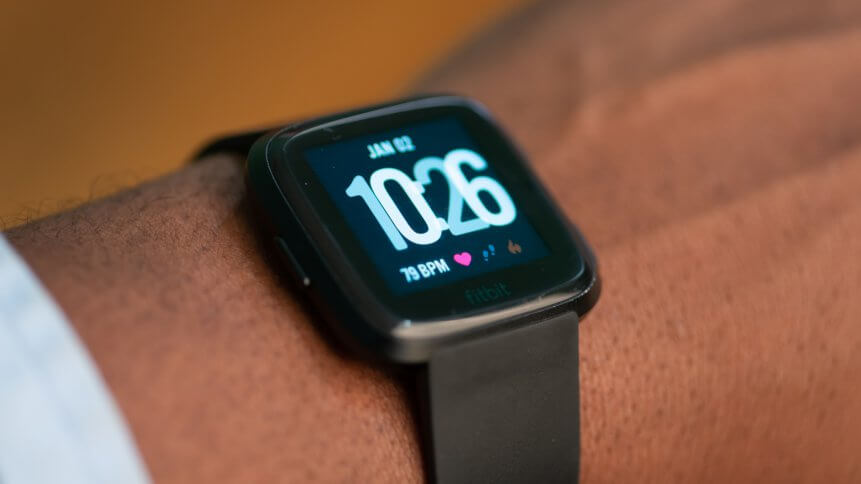What tech companies want with your health data

The healthcare industry is predicted to reach US$11.09 trillion by 2022 and electronic health records (EHRs) contribute heavily to that figure.
With 80 percent of medical records now digital, the Department of Health and Human Services (HHS) shoulders a huge responsibility to improve the transfer and sharing of health data by standardizing the format. As lobbied by Silicon Valley, this move will not only enable patients to access personal medical data but also, simplify the sharing of data for between tech giants and medical institutions.
Due to the vast amount of data, healthcare presents a long term opportunity for tech companies to apply their expertise in automation, storage, data management, and analysis from other industries.
“Tech giants want to enter healthcare because there is an opportunity to bring what they have done in other industries to healthcare,” Arielle Trzcinski, a senior analyst from Forrester, told Mashable.
Here are some of the different ways giant tech companies are using healthcare data.
# 1 | Google
Last year, Google partnered with Ascension, one of the major medical institutions in the States. Through this partnership, Google is able to amass a pool of patient records from Ascension. With this, Google plans to develop tools that would help doctors and hospitals manage and analyze medical data better.
Besides that, the tech giant has also tapped into the research on medical and aging through its two startups — Verily and Calico. Adding into the mix is its cloud services that provide health organizations storage and computing power to manage streams of data.
The search giant didn’t stop here and announced its US$2.1 billion acquisition of Fitbit, the wearables company, which promises more heaps of health data. Privacy concerns were raised as the tech titan now has access to not only data on advanced medicines, products, and prescriptions but also of patients themselves, their heart rates, place of residents and shopping habits.
# 2 | Amazon
Amazon is a dominant player in cloud storage. While it stores patient data for healthcare customers, it also offers downloadable databases of medical data for clients. The medical cloud storage market is worth US$10.1 billion — evidently a lucrative market for tech giants to compete in.
However, the retail giant’s acquisition of PillPack (an online prescription delivery service) is a significant sign in its commitment to transform the healthcare sector.
Presently, Amazon dominates the retail and delivery market from Christmas presents to daily household objects. Medical supplies may now be added to the list of things you can buy from Amazon.
YOU MIGHT LIKE

Three (more) disruptive technologies in healthcare
# 3 | Apple
Last year, the smartwatch detected the fall of a biker and contacted emergency services. Intervention such as this can be life-saving and disruptive for all stakeholders of healthcare.
But that’s not all, Apple is investing in its users’ health (data) and is set on making its Health app a seamless middleman in managing patient’s data. A Health app update in 2018 allowed Apple users to access their medical records and easily share them too.
Medical records are encrypted during data transition and storage to preserve privacy. Besides that, Apple’s own network does not keep or have access to healthcare data.
In this case, the HHS’s aim to standardize EHR formatting will help Apple and other tech companies fulfill their goals of managing and leveraging healthcare data for wider applications.









